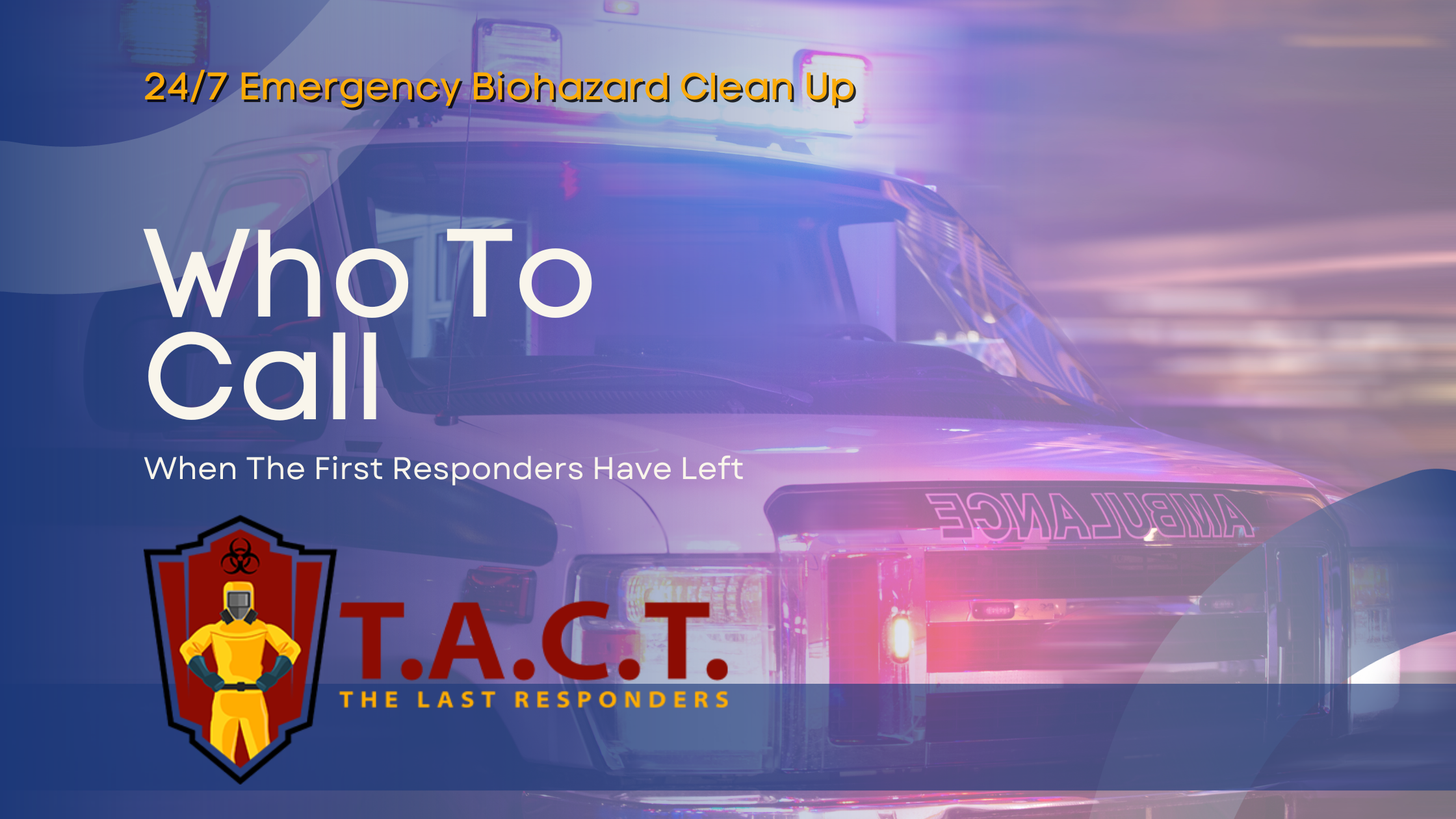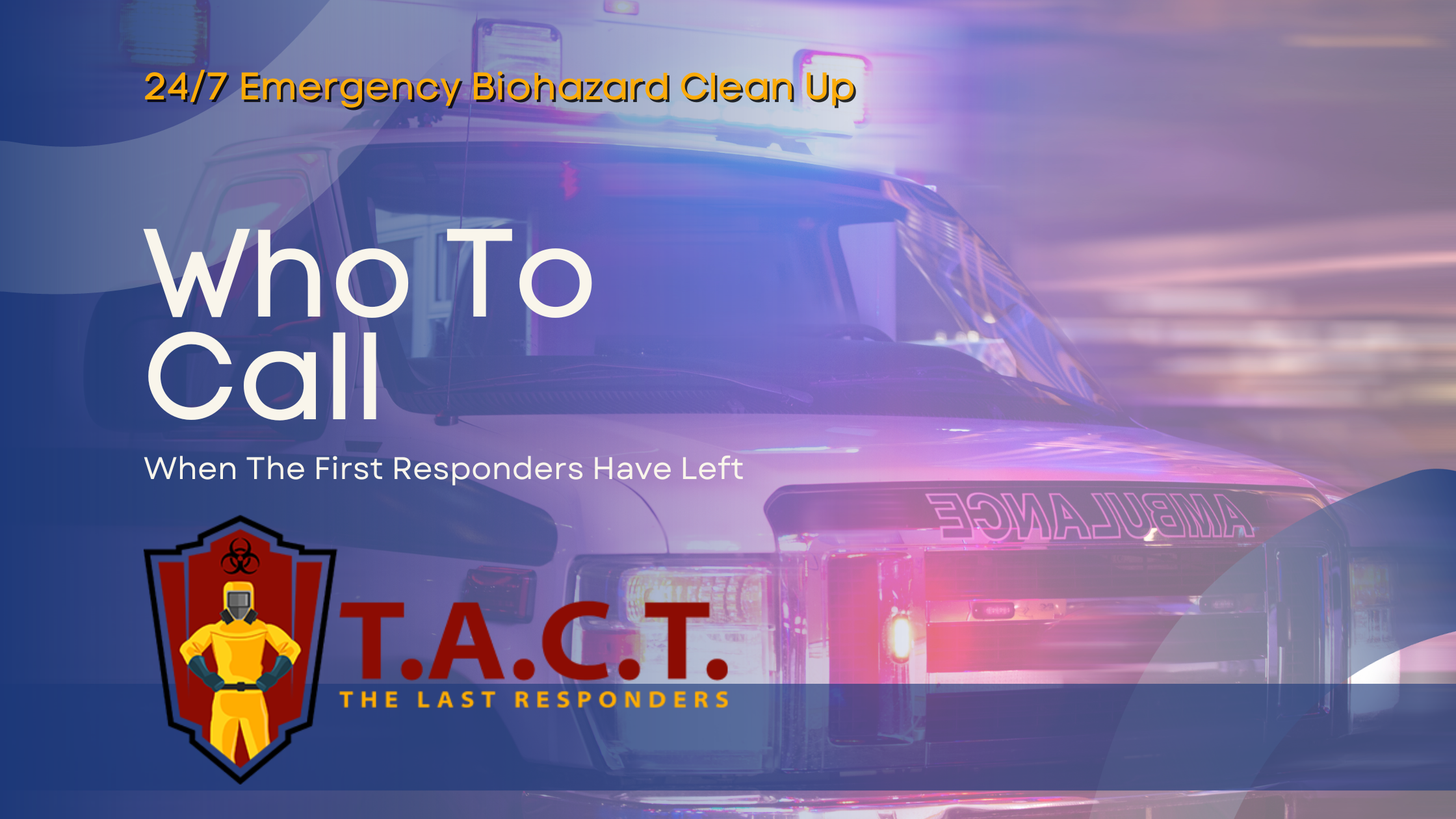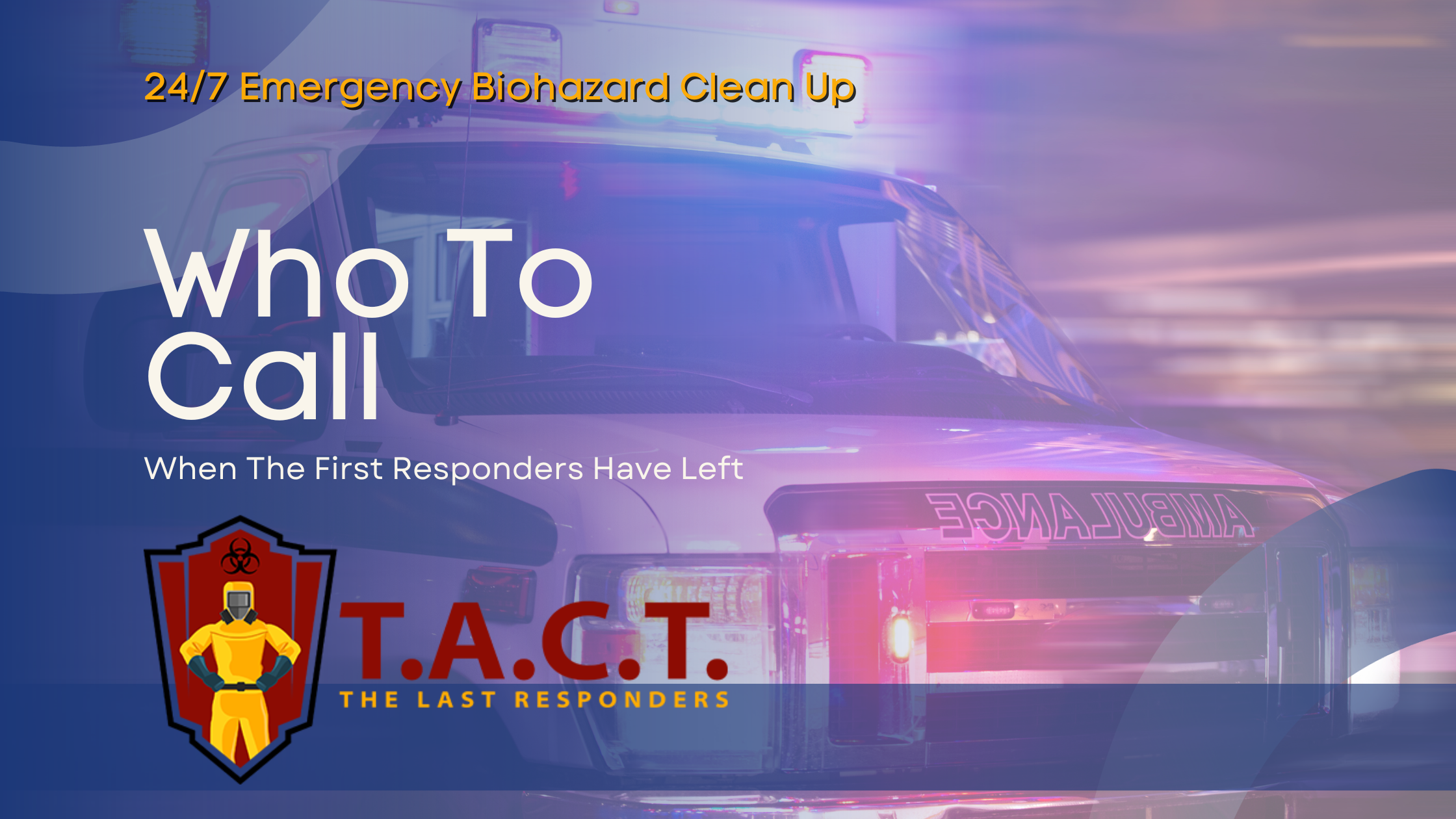Do exterminators clean mouse poop?
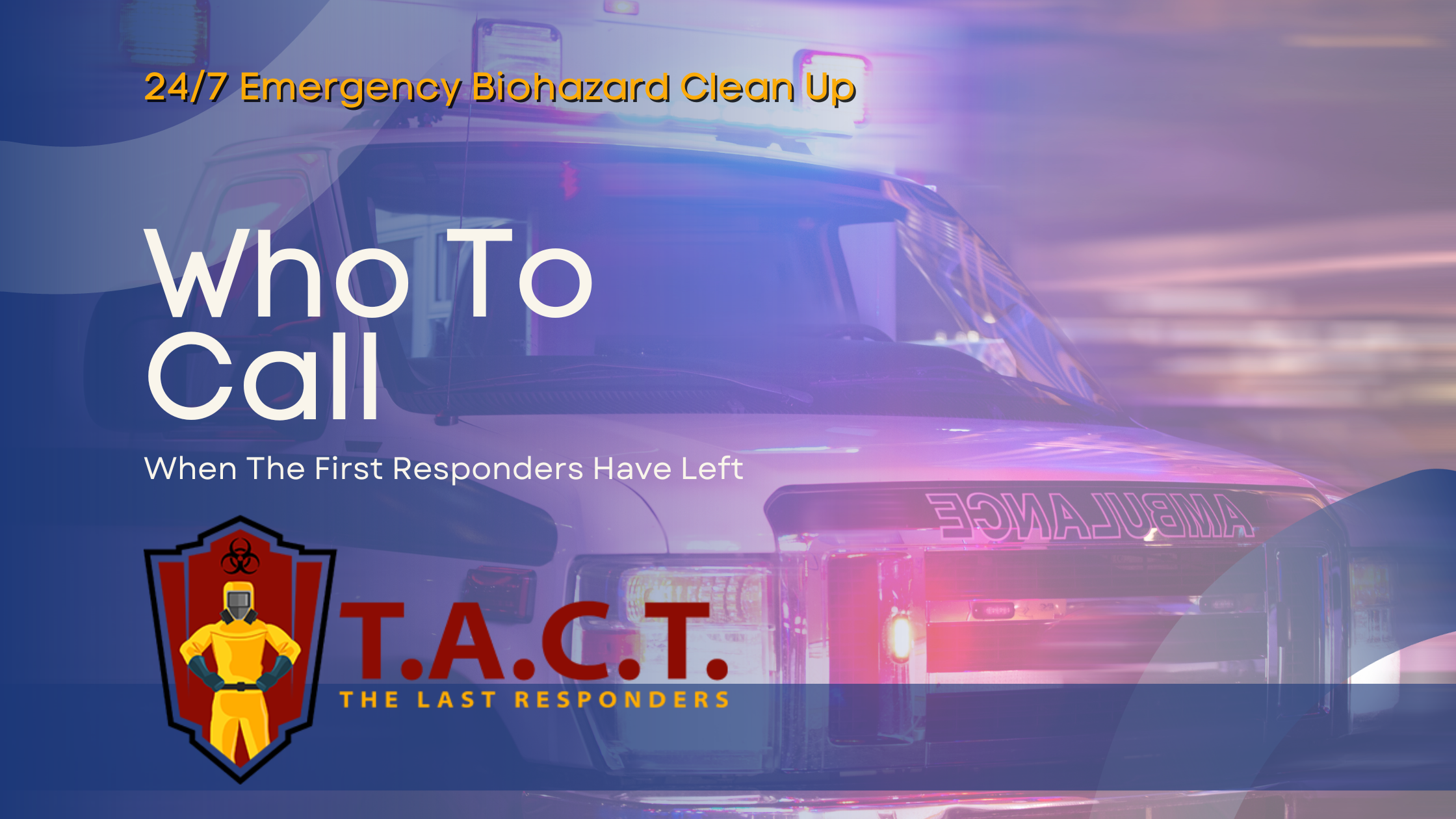
Do Exterminators Clean Mouse Poop? | Essential Information You Need
Do exterminators clean mouse poop? Yes, they do. Exterminators typically remove droppings and sanitize affected areas as part of their service. This article explores their cleanup process and why it is essential for your home.
Key Takeaways
Exterminators not only eliminate rodent infestations but also clean up mouse droppings, nests, and urine as part of their service.
Proper cleanup of mouse droppings is essential to mitigate health risks, as they can carry harmful pathogens and diseases like Hantavirus and leptospirosis.
Hiring professionals for rodent cleanup ensures thorough disinfection and helps prevent future infestations through effective inspection and sealing of entry points.
Understanding Exterminator Services
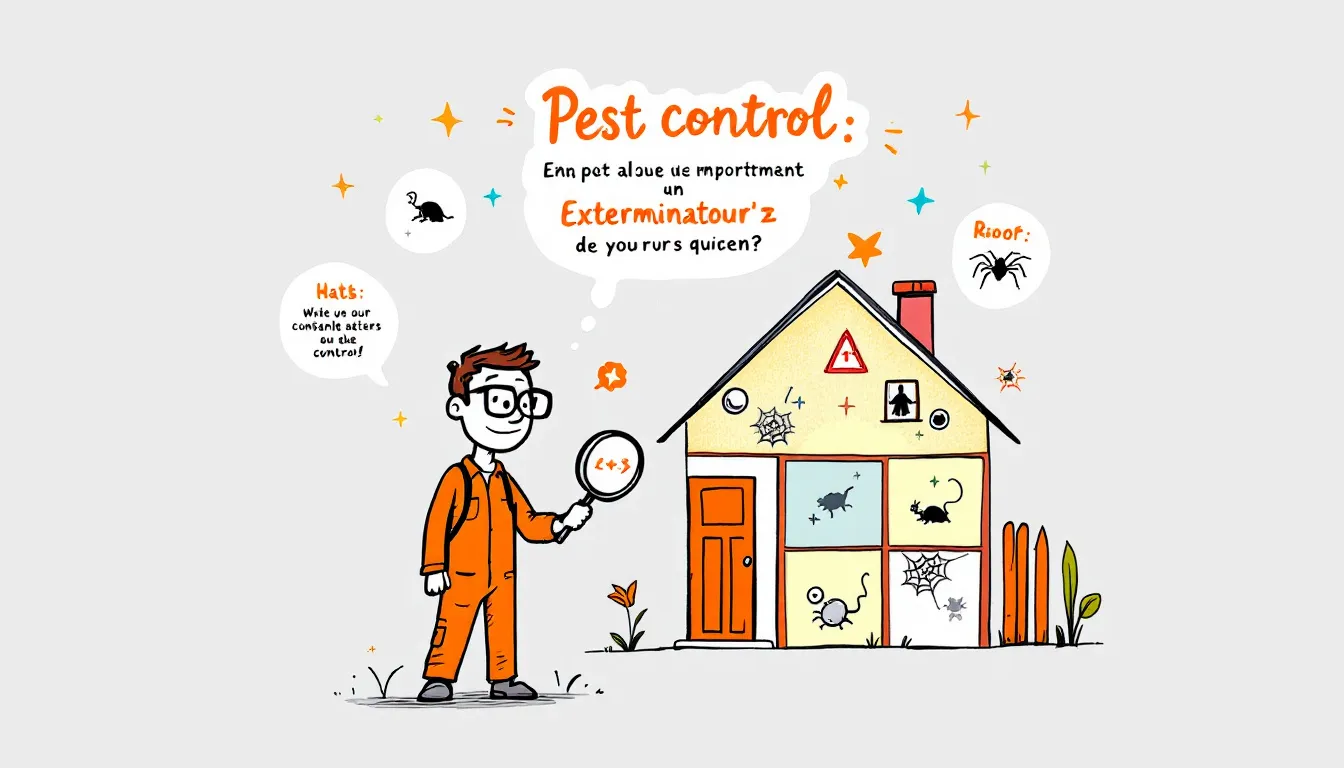
When you come across mouse droppings in your home, it’s a clear sign of a potential infestation. The presence of these droppings often indicates an active mouse den nearby, signaling that immediate action is required to find mice droppings and manage the problem. This is where professional pest control services come into play.
Hiring a rodent control professional ensures your home is rat-free and helps implement a strategic extermination plan. Exterminators offer a range of services, including identifying entry points, sealing gaps, and employing effective treatment methods to manage the infestation.
What Do Exterminators Do?
Exterminators are trained professionals who employ multiple techniques for effective pest control, including inspection, baiting, trapping, and sealing entry points. Their goal is to eliminate pests and prevent future infestations. This comprehensive approach ensures that all potential hiding spots and entry points are addressed, reducing the likelihood of a re-infestation by a licensed exterminator.
In addition to eliminating the pests, exterminators also focus on cleaning up the mess left behind. This includes removing droppings, nests, and urine, as well as disinfecting and deodorizing the affected areas. This not only eliminates the immediate problem but also creates a safer and healthier environment for you and your family.
Do Exterminators Clean Mouse Poop?
Yes, exterminators do clean up mouse droppings. Managing mouse infestations includes addressing the cleanup of mouse droppings and sanitizing the affected areas. This is typically included as part of the service package offered by pest control companies.
After a mouse infestation, it is crucial to ensure that all droppings are removed and the areas are properly disinfected. This not only eliminates the immediate health risks but also helps prevent future infestations by removing the scent trails that attract other mice.
How Exterminators Handle Mouse Droppings
Professional pest control services handle mouse droppings cleanup effectively, using protective gear and proper disposal methods to ensure safety. Surfaces infested by mice are thoroughly cleaned with a dampened disinfectant or bleach solution, which is allowed to soak for five minutes to ensure thorough decontamination.
After removing gloves and mouse droppings and debris, exterminators disinfect other items or areas that might have been contaminated. Used disposable gloves and paper towels are placed in a sealed bag before disposal to prevent any further contamination.
Health Risks Associated with Mouse Droppings
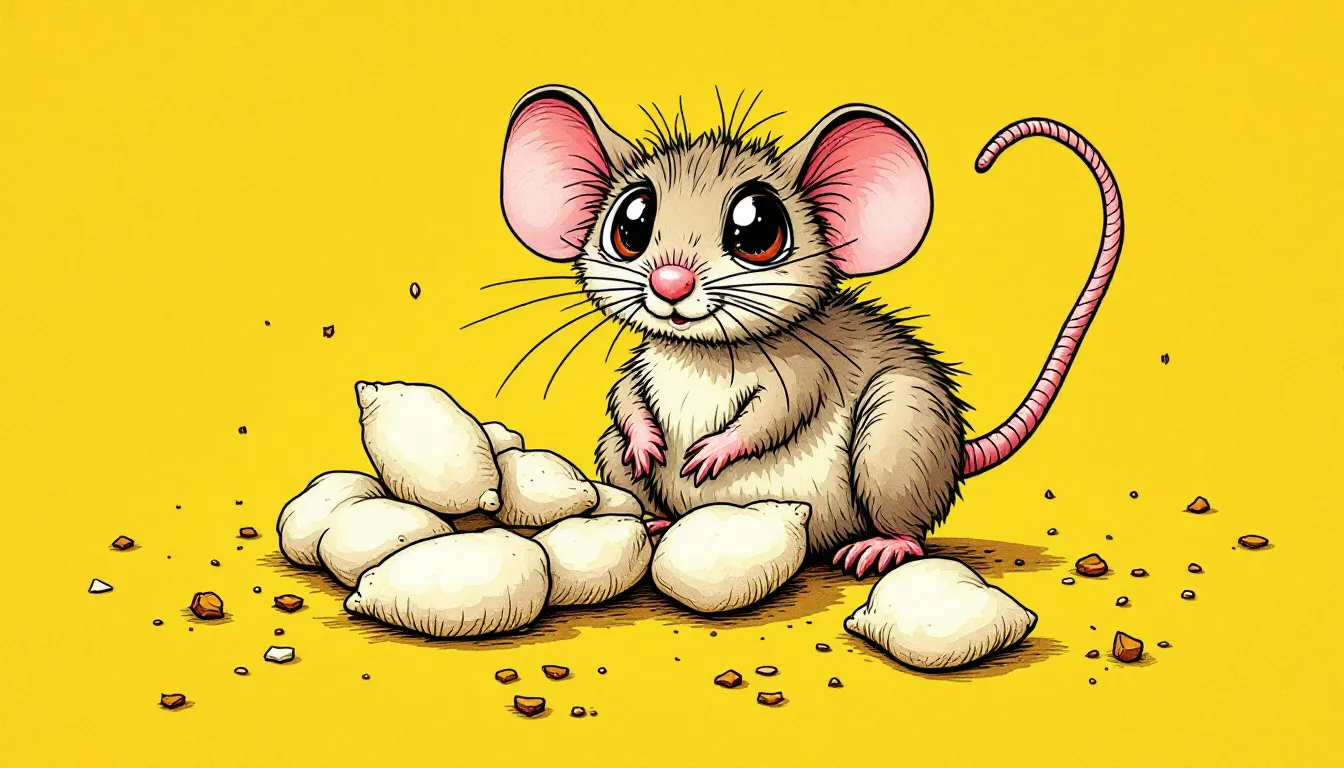
Mouse droppings pose significant health risks if not properly handled. These tiny pellets can carry various diseases and pathogens that are harmful to humans. Therefore, proper cleanup is crucial to protect your health and prevent the spread of these diseases, as mouse droppings dangerous can lead to serious health issues, including feces contamination.
Professional services are equipped to handle the health risks associated with rodent droppings effectively. They use specialized tools and methods to ensure thorough decontamination and minimize the risk of exposure to harmful pathogens.
Diseases Carried by Mouse Droppings
Exposure to mouse droppings can lead to several serious diseases, including Hantavirus pulmonary syndrome and leptospirosis. These diseases can be transmitted through direct contact with droppings or through inhalation of dust particles contaminated with rodent waste.
Rodent droppings can carry a variety of pathogens, contributing to significant health hazards. It is essential to recognize these risks and take appropriate measures to clean up mouse droppings and rat droppings safely and effectively.
Why Proper Cleanup is Crucial
Proper cleanup of mouse droppings is essential to eliminate harmful pathogens from the environment. Even small quantities of mouse droppings can spread disease and contaminate food, making thorough decontamination critical for restoring safety.
Safety measures during cleanup should include adequate ventilation, the use of disinfectants, protective gloves, and masks. After handling droppings, hands must be washed, and any touched items should be sterilized to prevent cross-infection. Contaminated surfaces should be disinfected to eliminate bacteria or viruses.
DIY Methods vs. Professional Cleanup
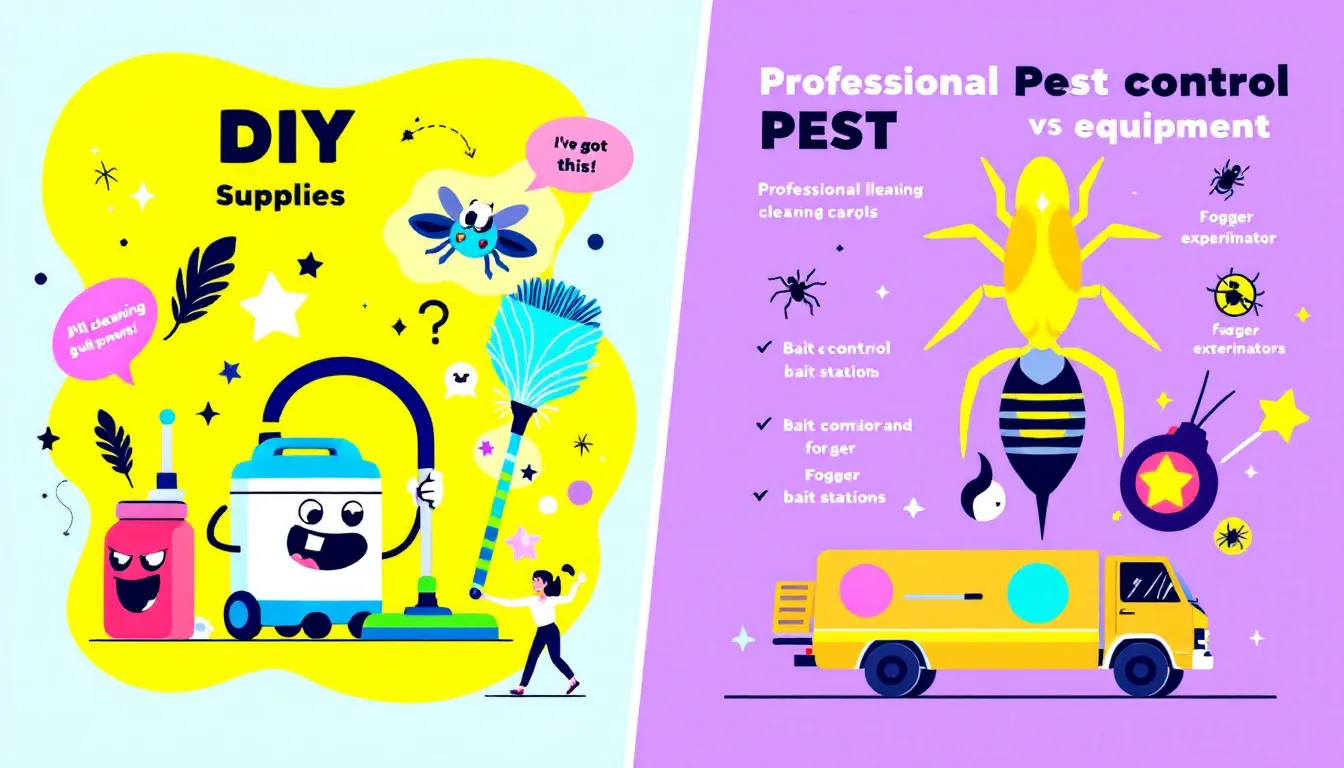
When it comes to cleaning up mouse droppings, you have two main options: DIY methods and professional cleanup services. DIY methods can utilize common household materials like gloves, disinfectants, and masks to safely clean mouse droppings. However, these methods may not always be sufficient to ensure complete decontamination.
Professional cleanup services, on the other hand, offer expertise in safely removing mouse droppings and can ensure thorough disinfection to prevent health risks. They use specialized equipment and techniques to ensure that all droppings and contamination are thoroughly cleaned and sanitized.
DIY Cleaning Tips
Before starting cleanup, ensure the surrounding area is well-ventilated by opening windows and doors. Wear gloves and a mask during the cleanup process to protect against potential health risks.
A homemade disinfectant can be prepared by mixing 1.5 cups of bleach with one gallon of water. Use disposable paper towels to wipe up mouse droppings after disinfecting the area with the bleach solution and appropriate cleaning solutions. For hardwood floors, use adhesive pads or moist paper towels to remove droppings.
After cleaning, discard used paper towels in a covered trash receptacle to prevent contamination. It is not safe to vacuum mouse droppings because it can disperse viruses and bacteria into the air. Items that have touched mouse droppings need to be secured in a plastic bag. This bag should then be placed inside another plastic bag for safe disposal.
Benefits of Hiring Professionals
Hiring professionals for rodent cleanup ensures that the job is done effectively and efficiently, reducing the chances of future infestations. Professionals have the training and experience necessary to identify the signs of rodent infestation and to implement the most effective solutions.
They use specialized equipment and techniques to ensure that all droppings and contamination are thoroughly cleaned and sanitized. This reduces the risk of exposure to harmful diseases associated with mouse droppings, ensuring a safer environment for you and your family.
What to Expect from a Professional Rodent Cleanup Service
Homeowners should seek professional rodent cleanup services when facing challenges or health risks related to mouse infestations. These services not only ensure effective cleanup but also help in preventing future infestations by identifying and sealing entry points.
Regular inspections by professionals can help identify signs of rodent activity before infestations escalate. Taking proactive preventative measures is essential to keep mice out of your home and maintain a clean and healthy living environment.
Initial Inspection and Assessment
Professionals perform thorough inspections of the property to identify rodent nesting sites in the house to help rid it of any infestations, including checking for signs of rats behind appliances and inside wall cavities.
Utilizing a licensed pest professional for periodic checks ensures that any emerging rodent issues are promptly addressed. Routine inspections can help identify early signs of mouse activity before infestations develop.
Safe Removal and Disposal
Mouse droppings are hazardous and should be handled with care; professional cleaners utilize specialized equipment to prevent contamination. Open windows and doors for at least 30 minutes. This will help ventilate the area during cleanup.
The proper disposal method for dead rodents is to seal them in a garbage bag, double-bag it, and dispose of it in a covered trash bin off-property. After removing protective clothing used during cleanup, it is essential to wash hands with soap and water or use an alcohol hand sanitizer.
Decontamination and Sanitization
After removing mouse droppings, it is crucial to disinfect the area thoroughly. Effective decontamination involves using disinfectants that eliminate viruses and bacteria. Cleaning materials should be disposed of in sealed bags to prevent contamination while disposing of them properly.
After cleaning mouse droppings, disinfectants are applied to ensure that any remaining pathogens are effectively neutralized.
Preventing Future Infestations
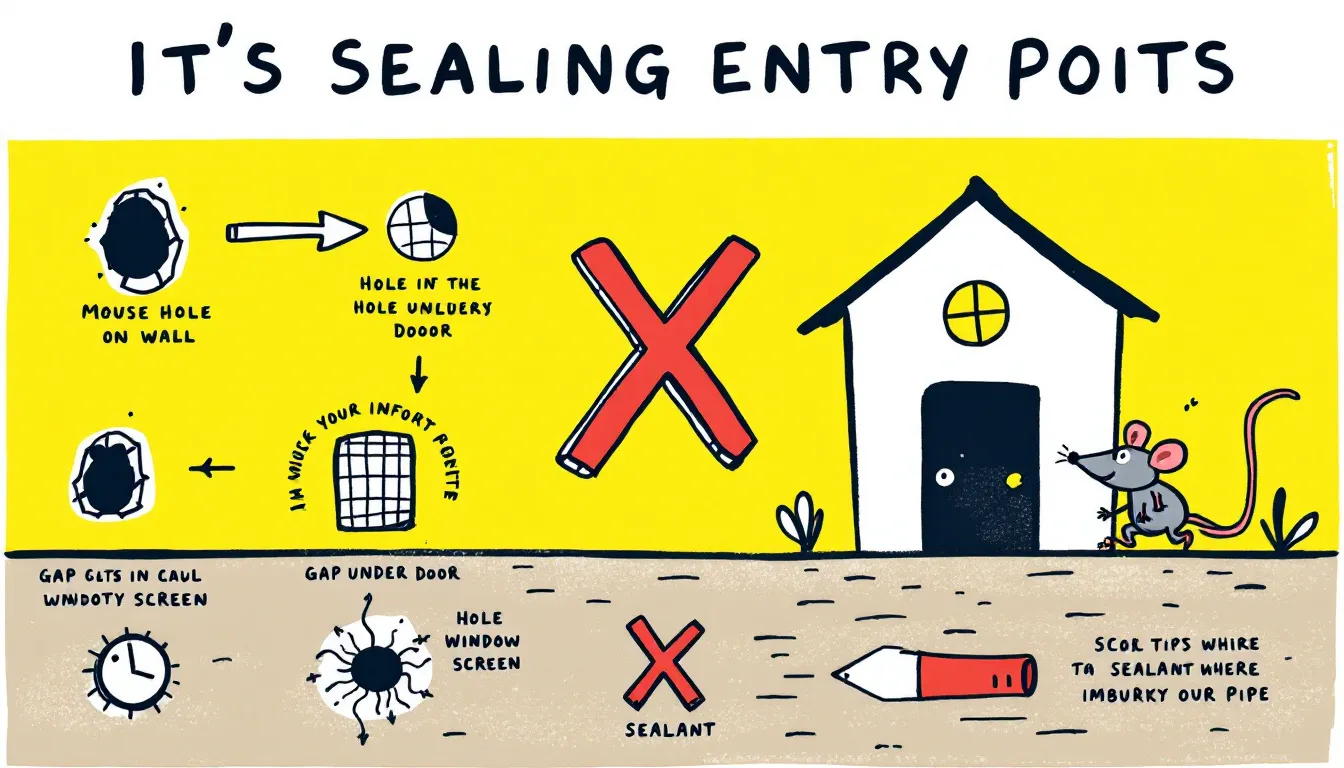
Exterminators provide a comprehensive plan that includes not just pest elimination but also preparation for future infestations. Keeping food stored in airtight containers and cleaning up spills immediately can help deter mice. Regular cleaning eliminates food sources and is vital for discouraging mice from staying.
Experts can identify potential nest sites and entry points, preventing future infestations.
Sealing Entry Points
Sealing entry points is crucial to prevent mice from entering your entire home. Conduct a thorough inspection to identify and seal gaps and cracks effectively to block mice from entering.
Mice can enter through small openings as tiny as a nickel or holes as small as 1/4 inch. Sealing these entry points significantly reduces the chances of a mouse infestation.
Maintaining Cleanliness
Keeping a clean home is essential to deter mice, as tidy spaces reduce potential hiding spots and food sources. Regular cleaning and clutter management not only prevent mice from entering but also minimize the health risks associated with their droppings.
Food debris is a primary attractant for mice; reducing clutter and cleaning up spills promptly can significantly lessen the risk of an infestation. Few mouse droppings suggest recent activity, whereas a larger amount indicates a well-established infestation, hence emphasizing the need for cleanliness to prevent buildup of mice poop.
Regular Inspections
Scheduling regular inspections with a local pest control company is essential for catching infestations early. Proper cleanup and maintenance are crucial to minimize exposure to harmful bacteria from mouse droppings and to prevent future infestations.
During an initial inspection, professionals will assess the home for signs of infestation and the extent of contamination. Regular inspections can help identify early signs of mouse activity before infestations develop.
Summary
Summarize key points and inspire readers to take action:
Mouse droppings pose significant health risks and require proper cleanup.
Professional services offer comprehensive solutions for rodent control and cleanup.
Preventive measures are essential to keep your home rodent-free.
End with an inspiring phrase to encourage readers to take necessary actions for a cleaner and safer home.
Frequently Asked Questions
Do exterminators clean mouse poop?
Exterminators do clean mouse poop as part of their services, ensuring a thorough approach to pest control and sanitation. This helps maintain a safe and clean environment in your home.
What diseases can mouse droppings carry?
Mouse droppings can carry diseases such as Hantavirus and leptospirosis, which pose serious health risks. It's crucial to handle them with caution to prevent potential infections.
Why is it important to clean up mouse droppings properly?
It is important to clean up mouse droppings properly to eliminate harmful pathogens and prevent potential health risks. This ensures a safer environment for you and your family.
Should I hire professionals to clean mouse droppings?
Yes, hiring professionals to clean mouse droppings is advisable as it ensures thorough cleanup and minimizes the risk of future infestations.
How can I prevent future mouse infestations?
To prevent future mouse infestations, seal all entry points, maintain a clean environment, and schedule regular inspections. These proactive measures are essential for keeping your space rodent-free.

